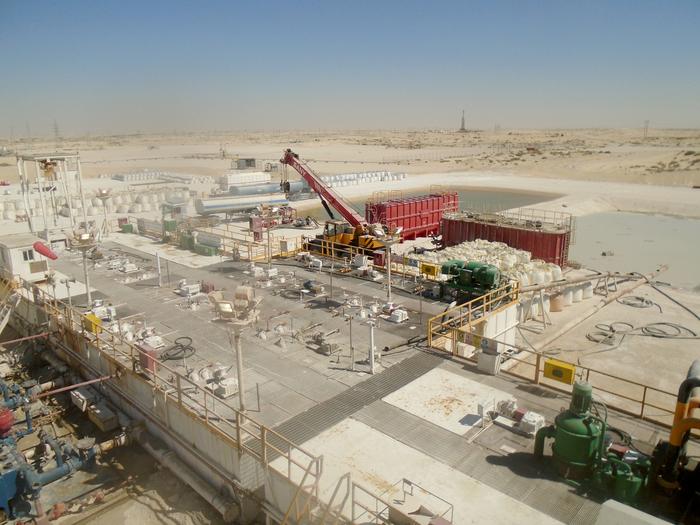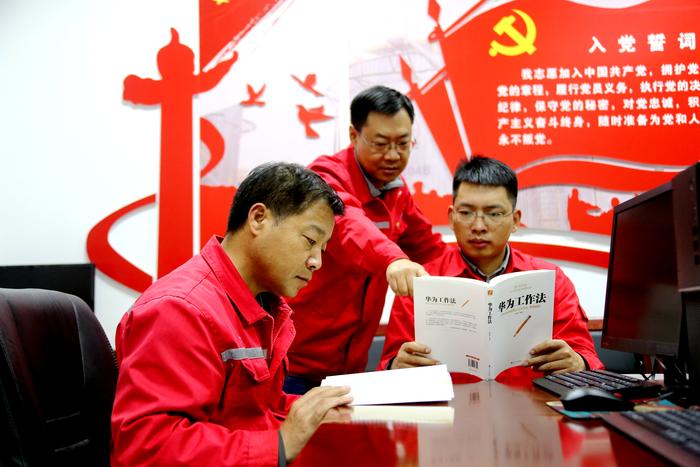|
| 2020-10-28 来源: 中国石化新闻网 |
| 石化新闻 |
中国石化新闻网讯 据油价网伦敦报道,世界银行在10月22日发布的半年度《大宗商品市场展望》报告中说,能源价格受大宗商品价格、尤其是受石油价格的影响最大,油价明年也不会上涨太多,平均每桶44美元。 据世界银行称,尽管农业和金属大宗商品已从COVID-19的损失中恢复,但石油价格至少要到2022年才能恢复到新冠肺炎疫情大流行前的水平。 世界银行在其最新一期的报告中表示:“尽管石油产量大幅下降,但由于担心新冠肺炎感染病例的出现及其对石油消费的影响,油价的复苏最近陷入了停滞。” 报告说,明年,除中国以外,几乎所有国家的石油需求都将低于2019年水平,因此,明年的油价不会比目前每桶40多美元的低位高太多。 世界银行预计,明年的平均油价将为每桶44美元,略高于今年预计的每桶41美元,明年的平均油价预计仍将大大低于2019年每桶61美元的平均油价水平。 世界银行表示:“全球高水平的库存预计将在预测期间继续平仓,并将使油价在2022年底之前保持在每桶50美元以下。” 此外,欧佩克+成员国拥有大量备用产能,这进一步降低了近期油价大幅上涨的可能性。 然而,世界银行称,由于消费的复苏与全球经济复苏同步,明年天然气价格预计将上涨。 世界银行表示,一个潜在的上行因素可能是欧佩克+不会按原计划从1月起开始放松减产,但在当前水平上延长减产可能在政治上难以实现,因为许多参与协议的产油国的财政都受到了油价暴跌和新冠肺炎疫情的沉重打击。 李峻 编译自 油价网 原文如下: World Bank Sees Oil Average $44 in 2021 Oil price.com Oct 22, 2020 London Energy prices suffered the most among commodities in the pandemic—especially oil prices—and they won’t be rising much next year either, averaging just $44 a barrel, the World Bank said in its semi-annual Commodity Markets Outlook report on Thursday. While agricultural and metal commodities have already recouped losses from COVID-19, oil prices will not recover to pre-pandemic levels at least until 2022, according to the World Bank. “Notwithstanding steep production cuts, the recovery in oil prices has stalled recently amid concerns about renewed COVID-19 infections and their impact on oil consumption,” the bank said in its report. Next year, oil demand in almost all countries will still be lower than in 2019, except in China, and as a result, oil prices will not move much higher than today’s levels in the low $40s. The World Bank expects oil to average $44 per barrel next year, slightly up from an expected average of $41 a barrel this year. The projected 2021 average will still be significantly lower than the 2019 average oil price level of $61 a barrel. “High levels of inventories are expected to continue to unwind over the forecast, and will keep oil prices below $50 until 2022,” the World Bank said. In addition, OPEC+ countries have significant levels of spare production capacity, which further reduces the likelihood of sharply higher prices in the near term. Natural gas prices, however, are seen rising in 2021 as consumption recovers in line with the global economy, according to the bank. A potential upside could be OPEC+ not easing the cuts from January as planned, but extended cuts at current levels could be politically difficult to achieve, as many oil producers in the pact had their finances hit hard by the oil price crash and the pandemic, the World Bank said. |








